Invasion
- 6.2
- Drama
- 2021
- 45m
- PG-13
sweeping science-fiction drama that follows multiple lives across the globe as humanity faces an alien presence. Blending intimate human emotion with cosmic mystery, the series turns the end of the world into a study of love, fear, and survival.

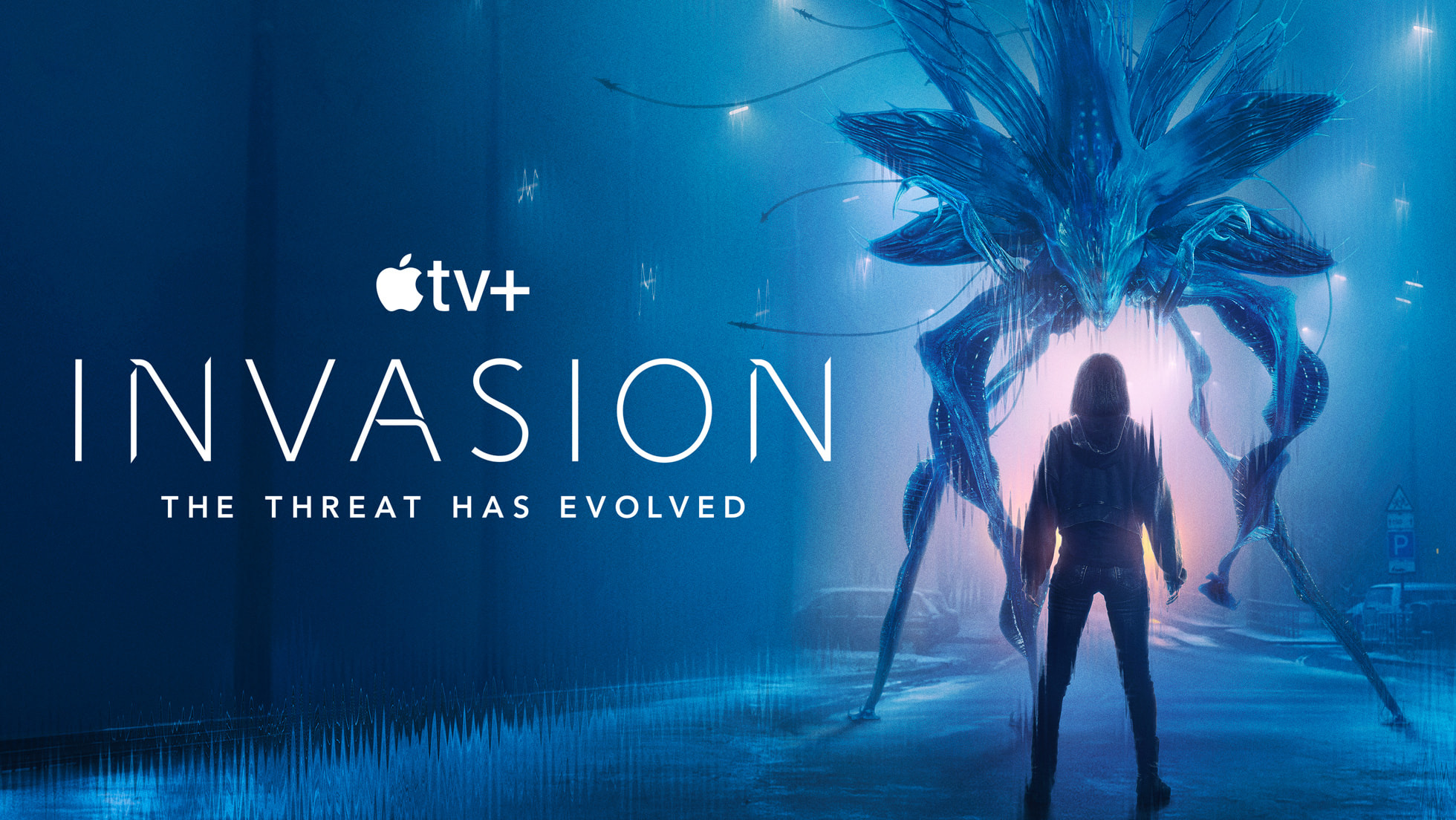
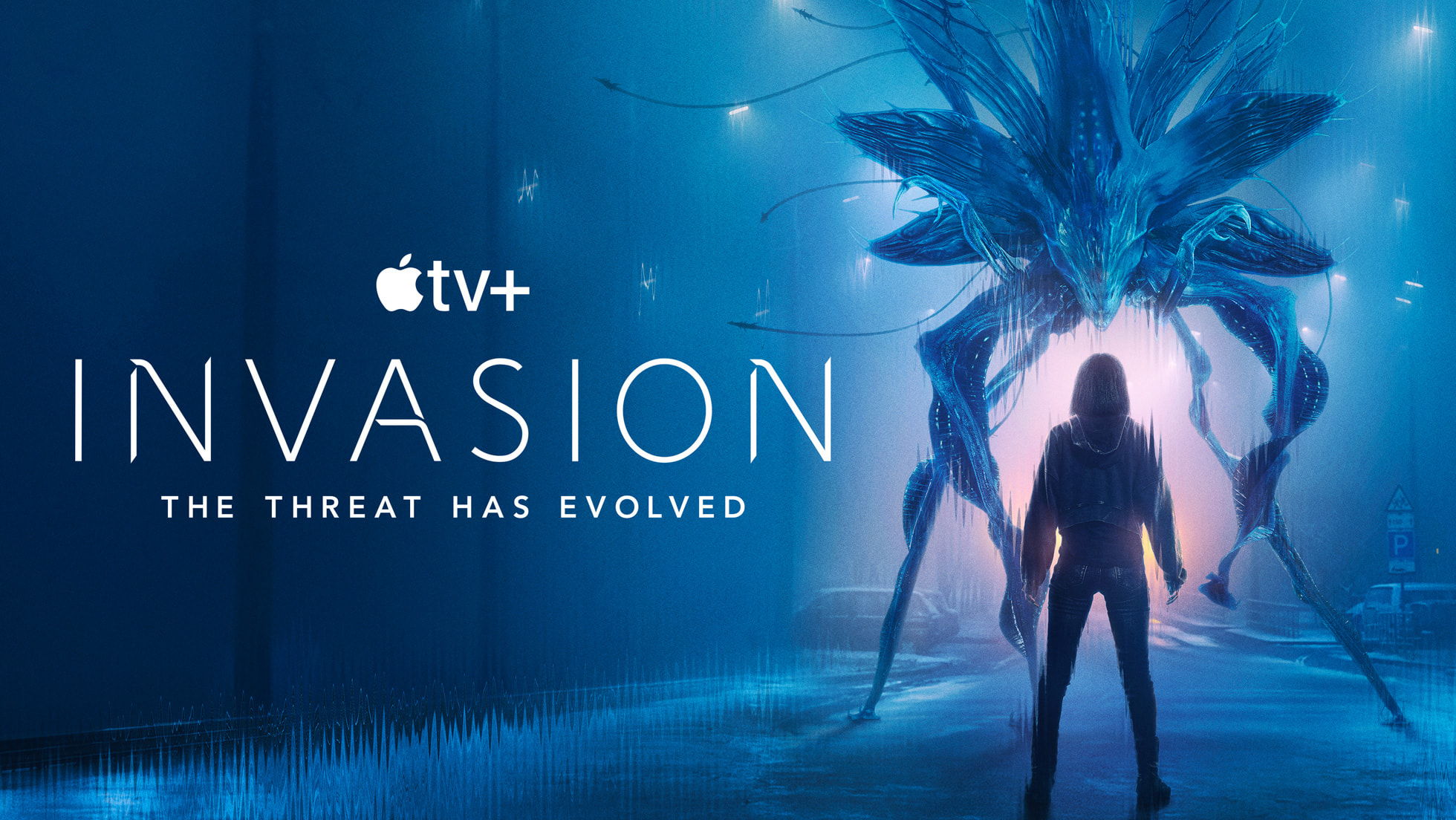
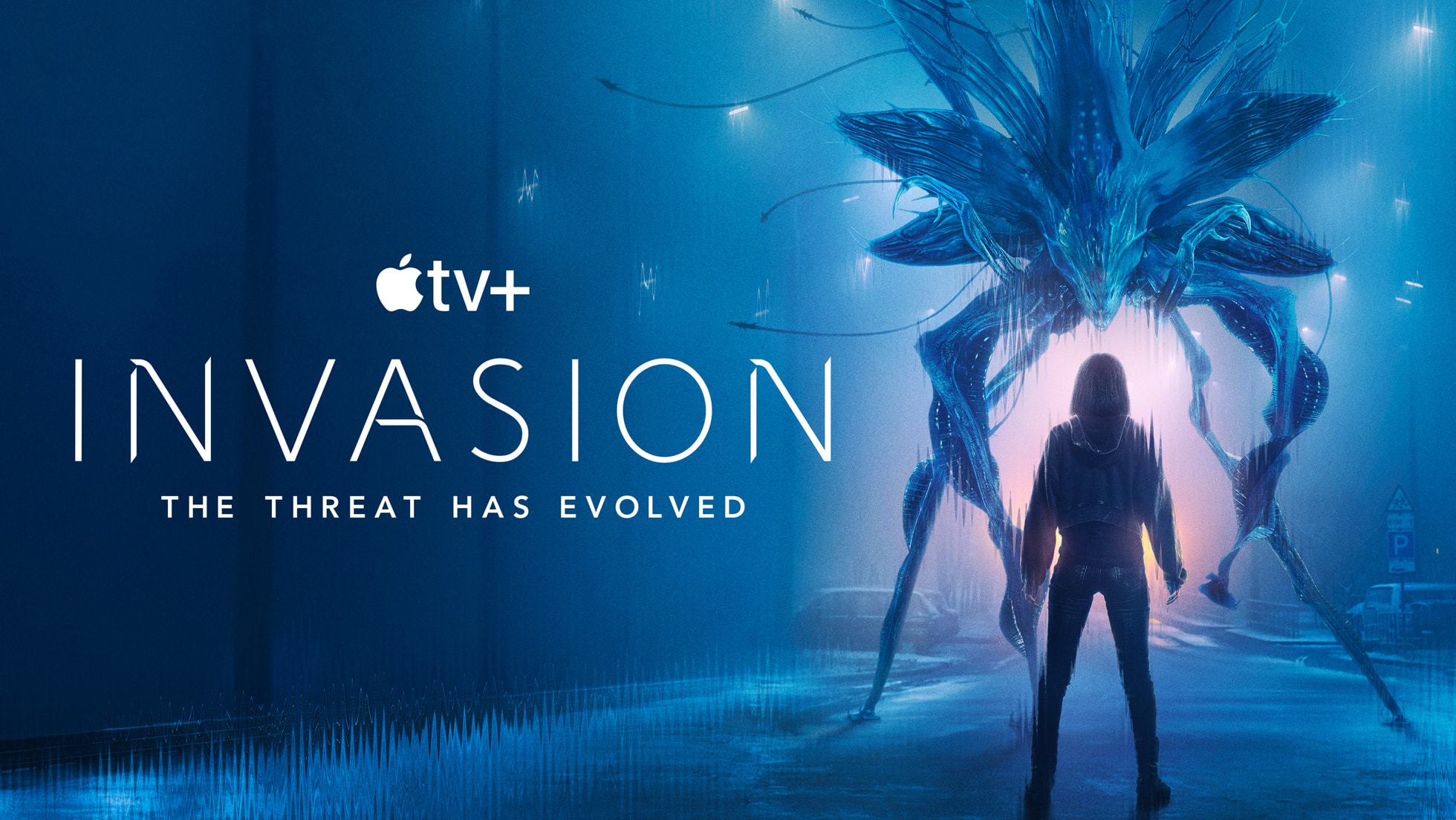
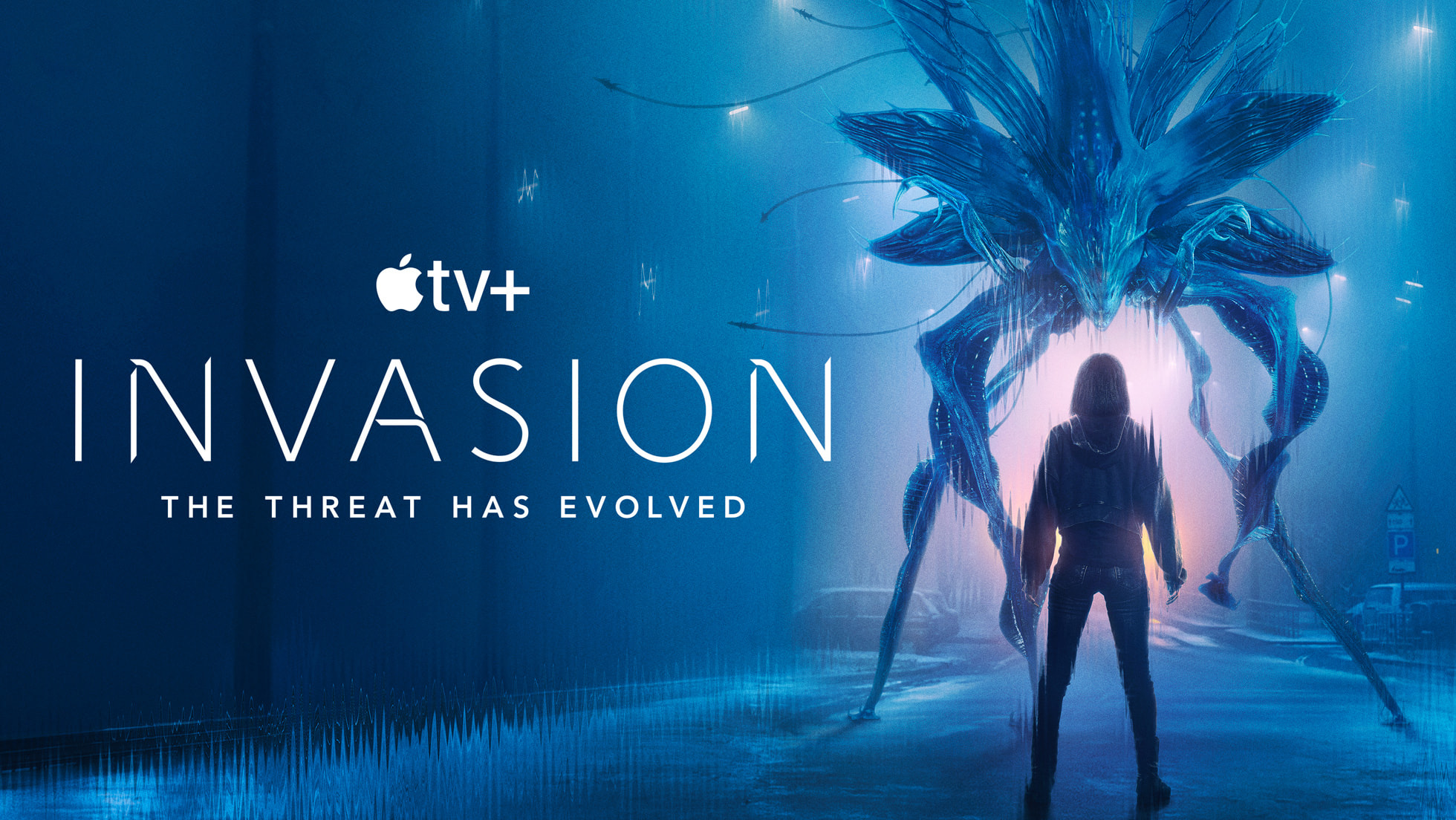
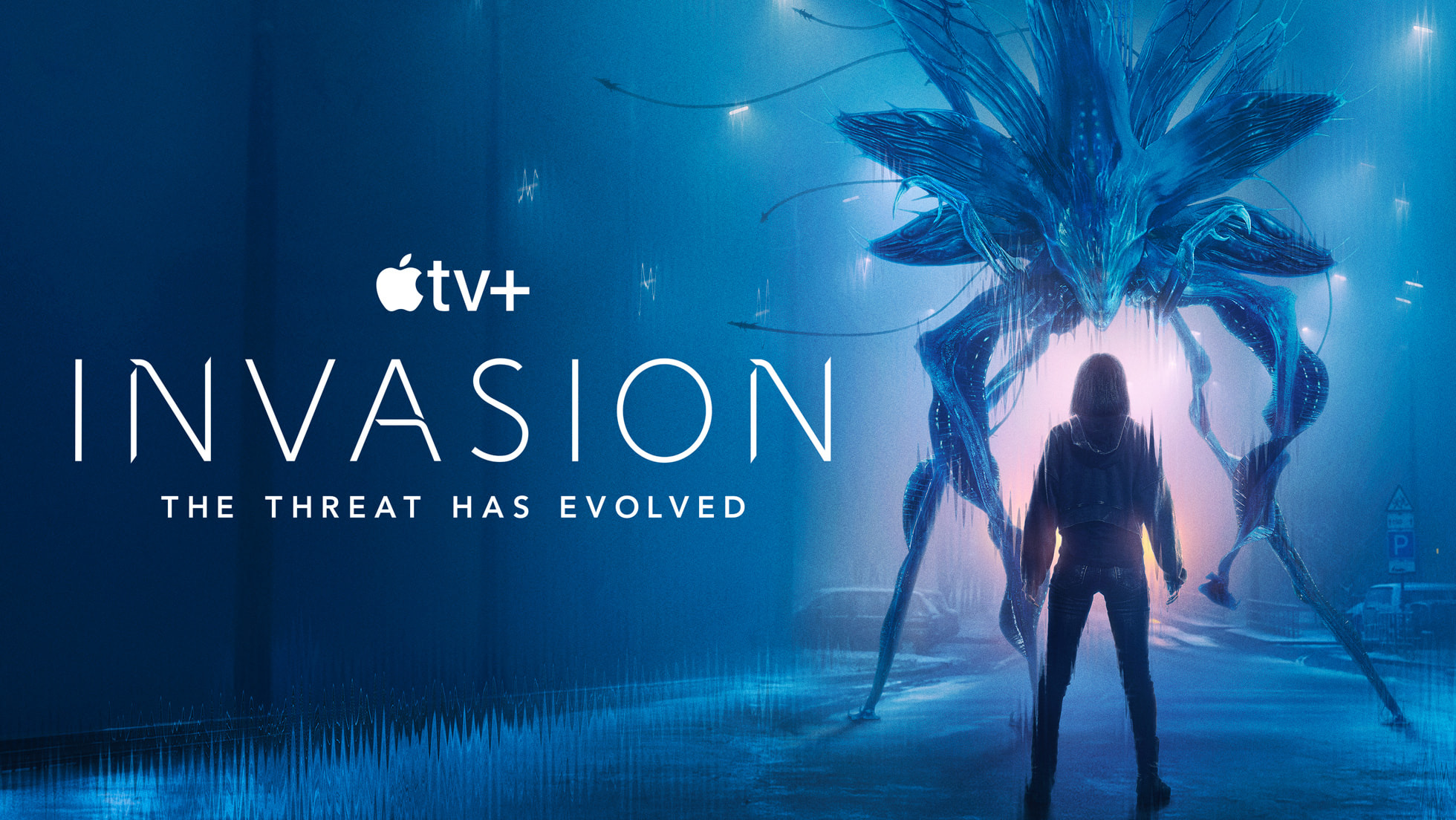
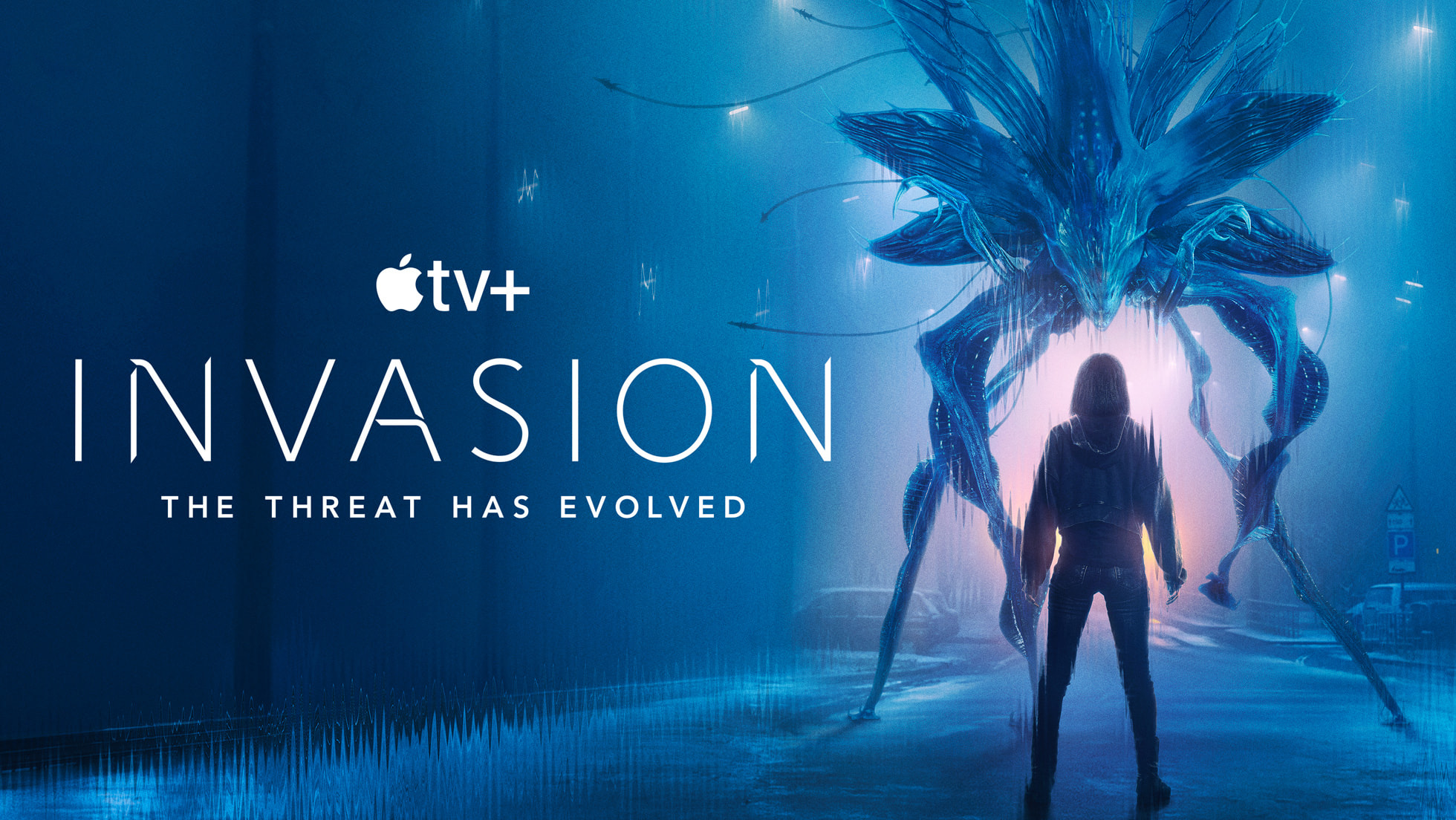
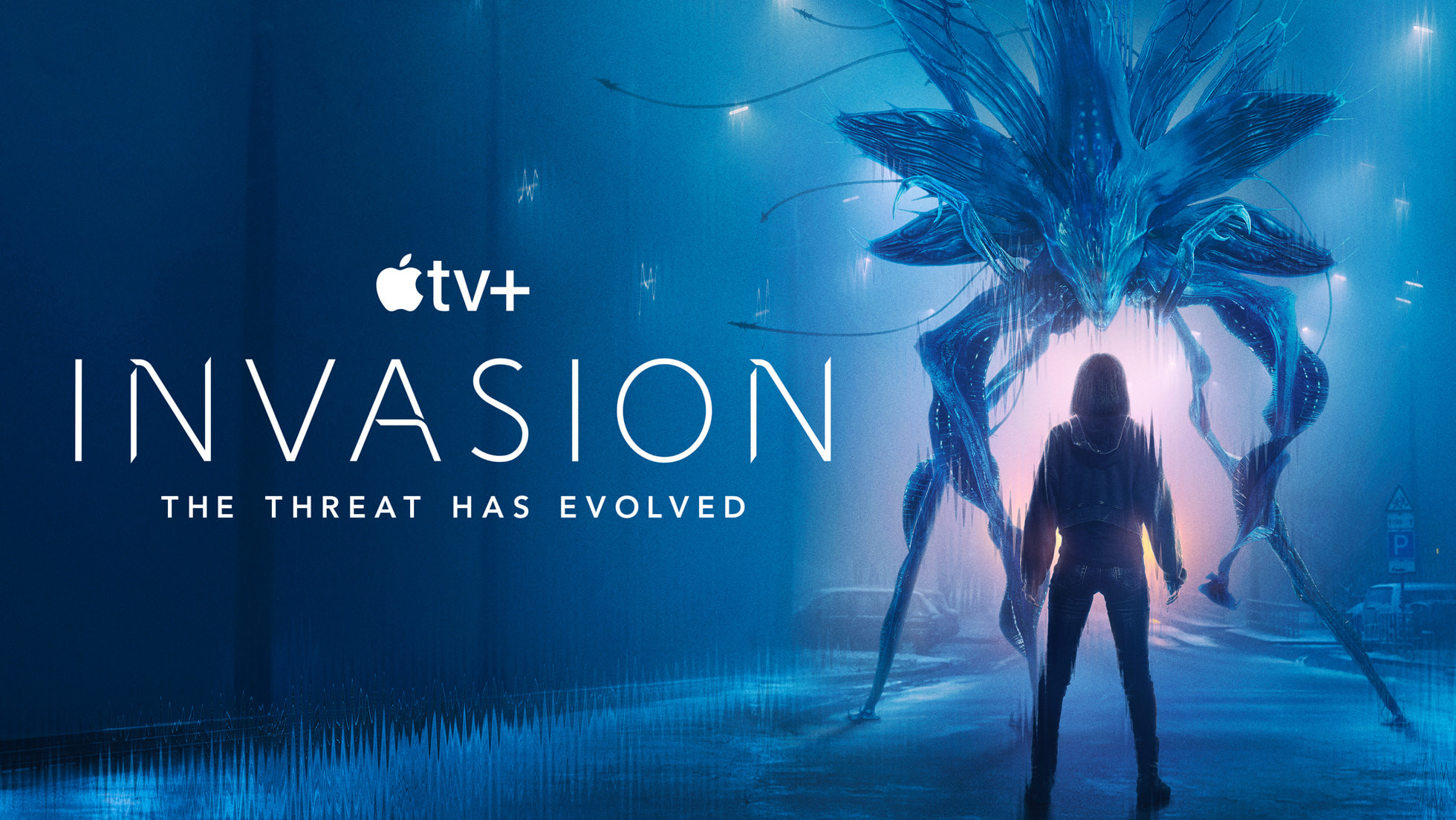












Comments
0Reviews
0Summery
1Please sign in to comment.
Please sign in to review.
The quiet routines of Earth begin to unravel with tiny disruptions — faint signals, power cuts, radio static — and then the sky itself seems to change. Invasion begins not with explosions but with lives: a small-town sheriff on his last day before retirement, a schoolteacher guiding children through an emergency, a mother in Long Island who feels her family fracturing, a Japanese aerospace engineer watching her partner’s shuttle vanish, and a soldier stationed in the desert who sees the horizon burn. Each story feels personal, ordinary, grounded in air and heartbeat, until the world tips. What first looks like coincidence slowly resolves into pattern. A presence watches. Something has arrived.
The series stretches across continents, weaving languages and time zones together like threads pulled by an invisible hand. The direction is patient; instead of racing through spectacle, it stays close to the characters, letting fear register in eyes before it erupts into chaos. Aneesha Malik’s quiet strength becomes a central pulse — a mother’s instinct colliding with the unknowable. In Tokyo, Mitsuki’s search for the astronaut she loved turns from grief to obsession as she decodes alien frequencies echoing through the void. In Oklahoma, Trevante Ward’s unit is scattered by light and dust, leaving him to navigate both battlefield and existential collapse. Their stories do not meet at first, but they vibrate on the same frequency of wonder and terror.
As the invasion deepens, Earth becomes a planet of whispers. Cities flicker, communication dies, and humanity learns to measure life by silence and signal. The cinematography captures this fragility with long still shots — dust motes in sunlight, flickering streetlamps, eyes reflecting skyfire. The aliens, glimpsed only in fragments, remain more idea than image: patterns of movement, pulses of biology that challenge definition. The tension comes from not knowing — from every empty hallway that might hide a shape, every breath held too long. When the attacks finally come, they are surreal and almost elegant, forcing humanity to confront its own divisions as much as the external threat.
Season Two expands the canvas, showing how survival builds new hierarchies. Resistance cells form, governments hide truths, and ordinary people become reluctant symbols of endurance. Children adapt faster than adults, sensing shifts in the air that logic cannot grasp. Mitsuki’s work with captured alien technology hints that connection, not war, might be the key — that the invasion is less conquest than communication gone wrong. Themes of love, memory, and sacrifice lace through the spectacle. Each character moves between terror and transcendence, discovering that even in apocalypse, empathy is the last language left.
By the latest episodes, Invasion transforms from science-fiction thriller into meditation on what it means to be human when humanity itself feels temporary. The soundtrack hums with low electronic tones and distant choral notes, echoing heartbeat and radio pulse alike. The final images linger: a child staring at the dawn sky, a scientist touching a signal that might be alive, a soldier finding peace not in victory but understanding. The show leaves questions open — not to frustrate, but to remind viewers that the greatest mysteries are not in the stars but in ourselves.